Android 12 displays how far mobile software has progressed since its debut. Android, which began as a challenge to Apple's iOS at the birth of the modern smartphone, has since developed into its own. To the displeasure of many, including myself, Google has recently abandoned the public dessert codenames in favor of focusing on developing Android a more mature operating system. This is quite evident in Android 12.
But, with Android 12, Google has also pushed one of the operating system's key ideas to its logical conclusion. Android has been all about customization and making the phone feel like yours since its inception. In comparison, Apple's unified vision for iOS has just recently incorporated some more personalization tools in iOS 14 and iOS 15.
Google revamped the whole operating system from the ground up this year with the new Material You design language. This new direction, a development of the Material Design we've seen over the previous several years, focuses on you and adapts its color palette to your wallpaper. But Android 12 is more than just a nice face. Google, too, has taken a stand on privacy.
Android 12 is a return to what drew me to the operating system in the first place. For the first time in a long time, Android is enjoyable to use. I've spent most of this year testing developer previews and betas on a Pixel 5, and now that the update has actually arrived, I can finally give a thorough review. And now that the Pixel 6 is available, Android 12 has an even better chance of standing out.
Android 12 review: A New Level of Personalization
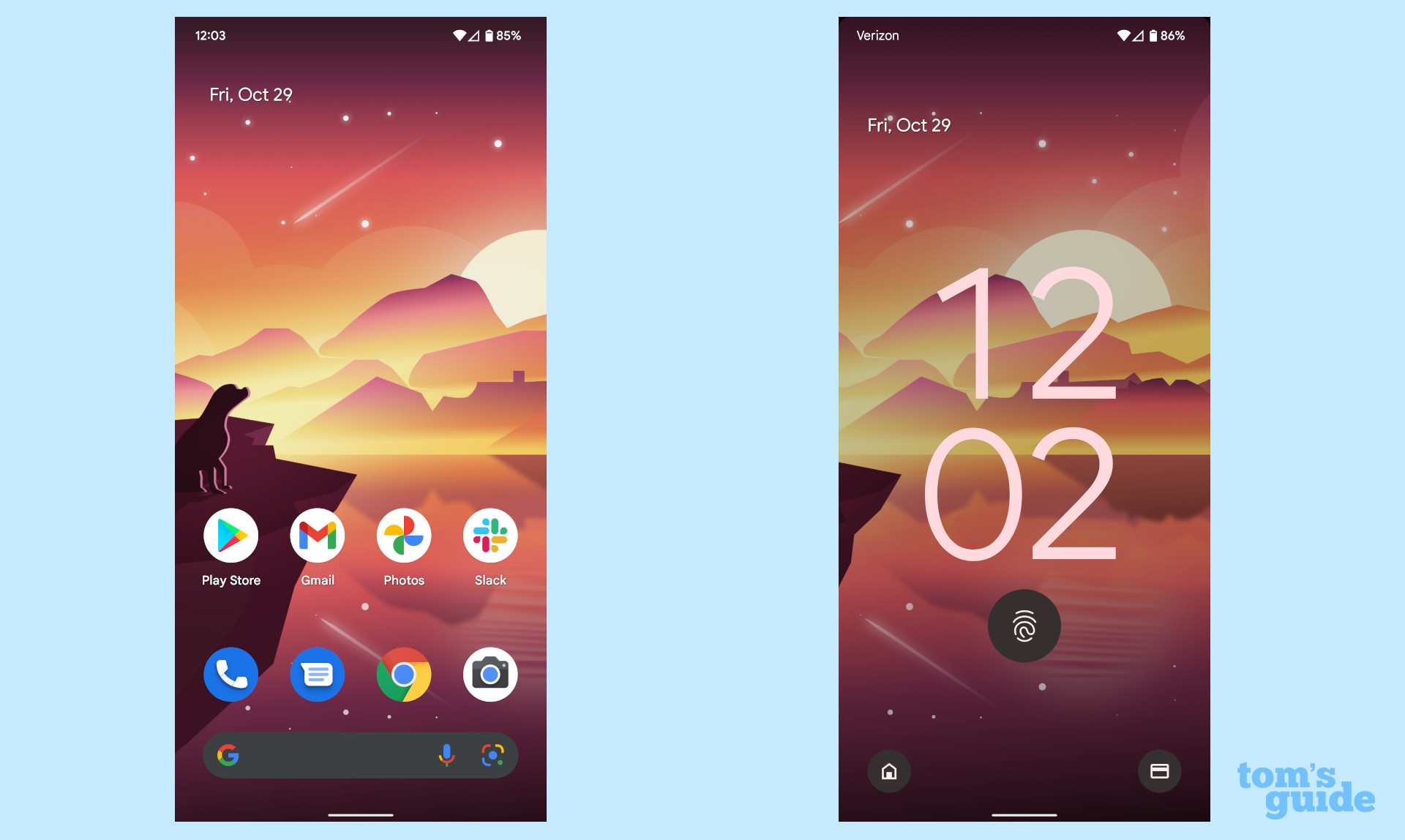
(Image credit: Tom's Guide)
Material You, a design language that adapts to you, is the standout feature of Android 12. The trick is that the system now gets complementary colors from your background and themes themselves with them. Quick Settings, the Settings menu, Gboard, Messages, and many more apps are modified.
But suppose you don't like the color Android chose. You may select another color from the system's color palette by going to the Wallpaper & Personalization section in Settings. You may also choose from a predefined selection.
Material You is the most significant update to Android since Material Design launched on Android 5.0 Lollipop in 2014. Seven years in the process, Material You firmly sets an Android design scheme and, for better or worse, has established itself as the operating system's de facto aesthetic. What phone makers like Samsung and OnePlus do with their Android 12 skins may differ from this new vision, but standard Android rejects the function-over-form philosophy that we've seen for a long time; we can also see this in minimalist skins like Asus' ZenUI and Motorola's MyUX.
(Image credit: Tom's Guide)
Everything in Android 12 is new, including sliders, Quick Settings toggles, and the volume bar. Android 12 is all on roundness, which some people may dislike. Back in Android 11, we saw the beginnings of this transformation. But it's surprising how quickly you adapt – even on Android 10, the blocky design seems old and out of date. Thank goodness for the rounded edges, which indeed extend to the notification panel (which has a slick, smooth animation that transitions into the Quick Settings).
After months of experimenting with the new design scheme, I've fallen in love with Material You. Once you've worked out the theming choices — most importantly, selecting one of the preset selections if you love your wallpaper but dislike the colors the system proposes — it's a delightful experience that reminded me of why I love Android. While iOS does a lot of things well, it's difficult to make an iPhone seem uniquely yours. Widgets and the App Library have aided, but they fall well short of what Android presently provides.
Android 12 review: A stronger focus on privacy
In recent years, privacy has been a major concern, and Android hasn't always had the best image in this area. Android is far from a private system, from applications that continually monitor you to the massive quantity of data that Google collects from each device.
(Image credit: Tom's Guide)
The Private Computer Core (PCC) and Privacy Dashboard are at the heart of Android 12. The latter is self-explanatory, and I'll return to it in a moment. The PCC is of particular interest to me; it's effectively a distinct partition that Google employs to contain the data required to train AI capabilities such as Now Playing and Enhanced auto-rotate. The data stored here will never leave your device.
Google's solution for keeping your data private while simultaneously giving the finest AI functionality for your Pixel is Private Computer Core. It's long overdue, in fact, and I'm delighted to see it in Android 12. However, it works in tandem with the Privacy Dashboard, a more user-friendly update to Android 12. You can check which applications have used particular permissions, most notably location, camera, and microphone. It's essentially a log of what your programs are doing in the background.
(Image credit: Tom's Guide)
Individual toggles for the camera and microphone have been added to the Privacy settings, which turn those functions off completely for all apps. Previously, you had to turn off the camera and microphone for each app individually. You can also add toggles for the camera and microphone to the Quick Settings to rapidly enable or disable them. Finally, similar to iOS, Android will now display an indicator in the upper right corner of your screen when an app is using the camera and/or microphone.
What Android 12 lacks is an easy option to notify applications not to monitor you, comparable to iOS' App Tracking Transparency project. To be sure, you can accomplish something similar with Android. Simply navigate to Settings > Google > Manage your Google Account > Manage your data & privacy > Ad personalization, which you may enable or disable. However, it is far from as easy or obvious as Apple's way.
(Image credit: Tom's Guide)
All of the new privacy and security features in Android 12 will not compensate for bad behaviors. The adage "be careful" still applies – don't sideload programs you don't trust, and be wary of apps from the Play Store that request rights you don't want to provide. At the very least, Android 12 now allows you to choose whether an app should have accurate or approximate location access.
Paul Wagenseil, our security expert, has previously laid out the new privacy and security features for Android 12 and the Pixel 6. (where the line between the two is a bit muddy). If you'd like to learn more about the Android 12 privacy and security enhancements, you can do so here.
Android 12 review: Improving Notifications
Notifications are one of Android's key strengths. Simply told, owing to Android's clever grouping and clearly actionable things, the OS manages them considerably better than anything Apple has ever done. Even better, when you unlock your phone, alerts don't simply disappear from your lock screen - something that drives me mad on an iPhone.
With Android 12, alerts have become not just nicer (read: rounder), but also smarter. Apps updated for Android 12 can no longer use what's known as a notification trampoline, which basically causes the app to delay while it loads. As a result, the system hangs for a brief while as the software loads. This has been particularly obvious in my experience with Discord. However, applications may no longer use the startActivity() intent from within a notification item. With a cleaner, more responsive interface, Android 12 solves the notification trampoline delay, sometimes with considerable results.
So, although the new notification shade look and animations are lovely, keep in mind that there's a lot going on behind the scenes to guarantee that everything is correctly categorized and revealed and that alerts are virtually instantly responsive (assuming the developer has updated the app for Android 12).
Review of Android 12: Game Dashboard, Universal Device Search, and More
Google finally received the word that people play games on their phones with Android 12. Stock Android includes a game mode. It's called Game Dashboard, and it has several useful features including a framerate counter, a YouTube Live streaming shortcut, game optimization, and shortcuts for snapshots or screen recording. When you're in a game, you'll see a little arrow that allows you to access these settings. I'd like to add Twitch and Discord choices, although Game Dashboard already offers several good features.
(Image credit: Tom's Guide)
Android 12 also has universal device search, which is similar to what Apple provides in iOS 15. This is not the same as the Google search bar widget. It allows you to search for files, contacts, and programs on your phone. Things like this have been available in third-party launchers for a while, but it's now included in the Pixel Launcher. According to reports, a new API will be made available to third-party launchers.
Universal device search lags behind Spotlight on iOS 15, which allows you to run online searches, discover apps in the App Store, and even receive results in Maps. I'd like to see Google do the same. Simply provide us with a one-stop-shop for surfing the web, Maps, the Play Store, Drive (with access to other applications such as Dropbox), and the phone itself. This is only the beginning, and Google has the potential to further build on it with Android 13 and beyond.
(Image credit: Tom's Guide)
This version also includes a slew of new, lesser features, the most essential of which I'll highlight quickly. Android 12 now has a one-handed mode, allowing you to use your phone with — you guessed it — one hand. Picture-in-picture windows, as opposed to the harsh corners of the past, now match the rounded style.
Google has finally fixed one of Android's most vexing issues, the Open With dialog box. While this has been useful for creating default apps, it has long irritated me with links – Amazon in particular. However, with Android 12, Verified Links can inform your phone which app to launch depending on the URL. It's a tiny thing, but I adore it.
(Image credit: Tom's Guide)
Native scrolling screenshots are now available on Android. This allows you to capture more than just what is shown on your screen. This is ideal for capturing a lengthy discussion or site page. Another beta feature, Enhanced auto-rotate, utilizes the front-facing camera to identify when you're lying on your side and disables auto-rotate. This is a tremendous help to folks who read on their phones in bed.
Android 12 contains a slew of new features and adjustments, so I recommend playing around with the upgrade on your phone to discover what's new. If you don't have a Pixel, expect other phone makers like Samsung and OnePlus to add their own features.
Review of Android 12: Issues
During our testing of Android 12, we encountered no significant difficulties. However, like with any new piece of software, errors and side effects are possible.
The only common concern we've seen with Android 12 so far is that it may cause extreme battery drain on Google Pixel phones. These are presently the only phones running Android 12 as the default operating system, so we may see more phones and more issues in the future.
Android 12 review: Final Thoughts
Android 12 is a significant release, complete with a new appearance and an emphasis on privacy. Google went all out to make the new version appealing to a wider range of users, particularly with the Material You theming system. While the rounded style is a touch harsh in some places, I believe Android is aesthetically strong.
There is, of course, always the opportunity for improvement. I'd want to see universal device search become more like iOS' Spotlight. Game Dashboard might expand to incorporate Twitch connection and a Discord tie-in for game status – the Discord voice overlay is still an option, but it could be better for gamers.
Google plans to release more Android 12 features, particularly for Pixels, throughout the coming year. We're already anticipating Android 12L, which will have an optimized UI for foldable phones and tablets. This has fueled conjecture that Google is working on its own Pixel Fold (though rumors of that have fizzled out).
I strongly advise you to update to Android 12 as soon as possible. It's a worthwhile upgrade, and I believe you'll appreciate all of the additional features.



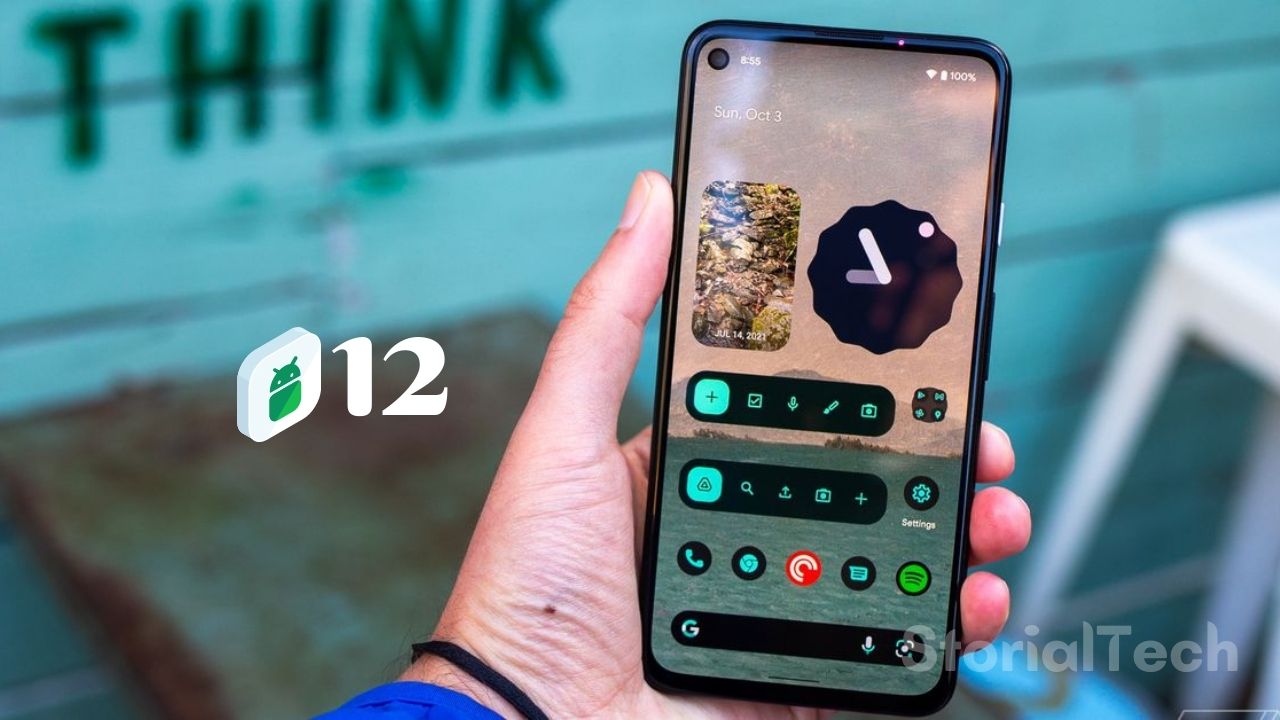
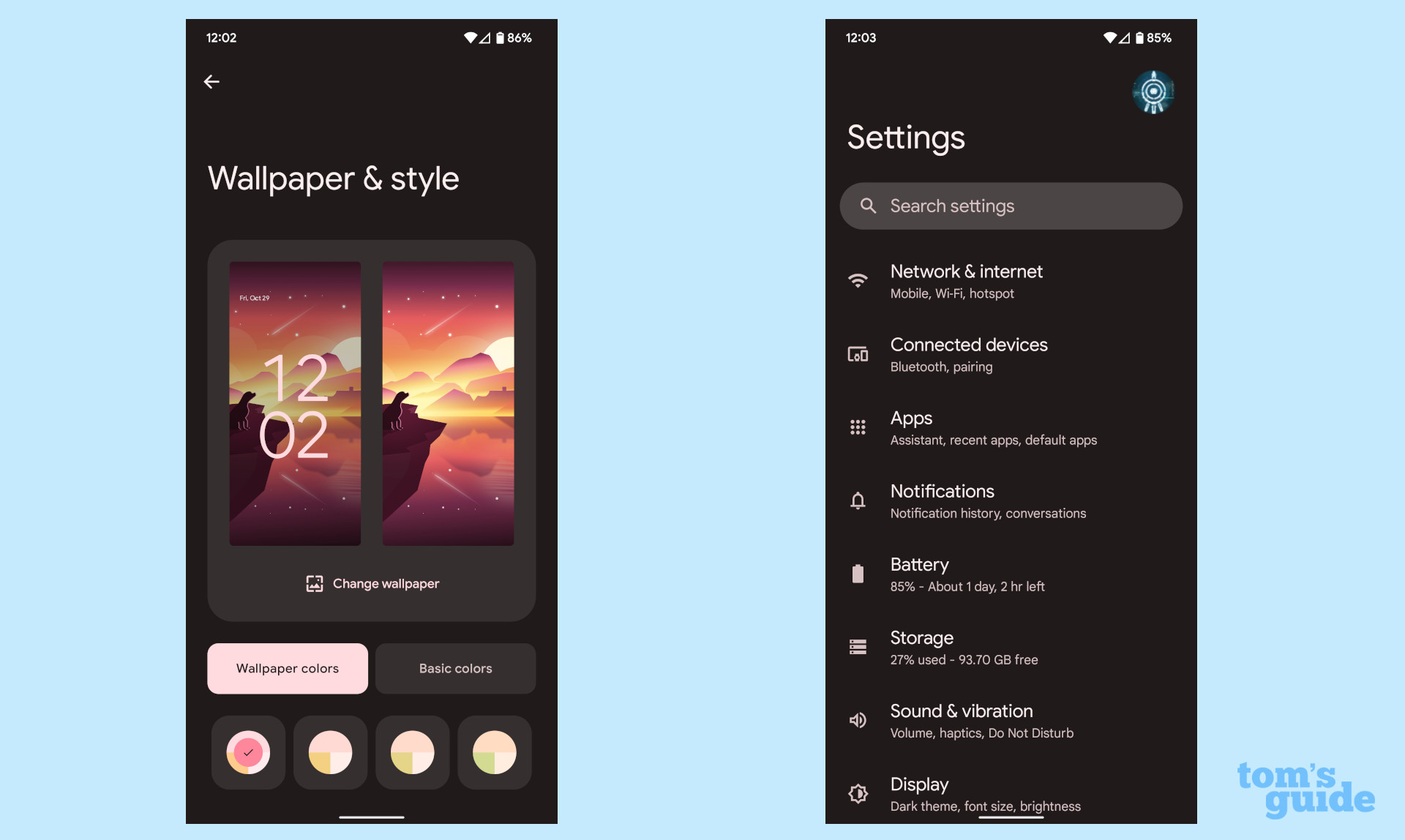
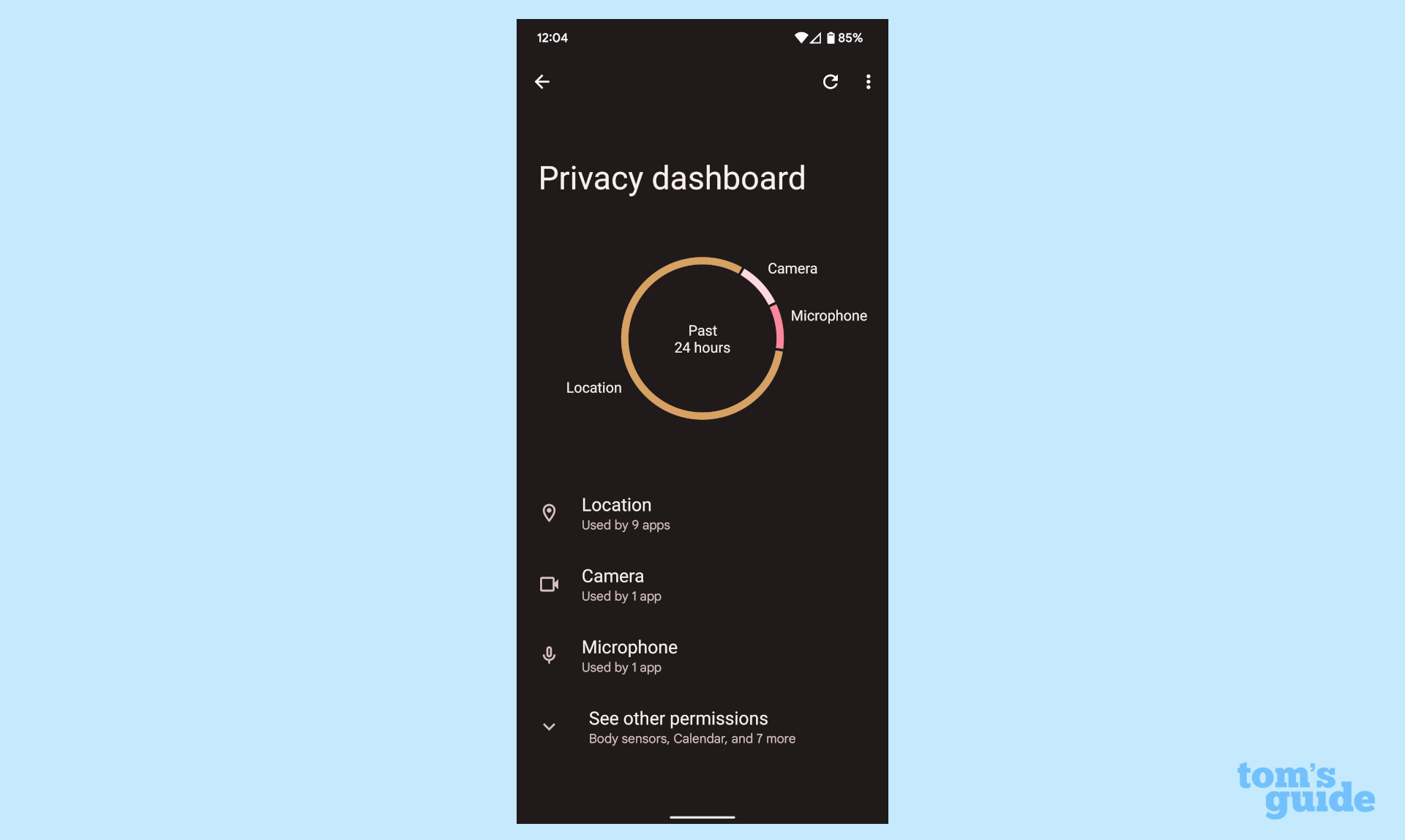
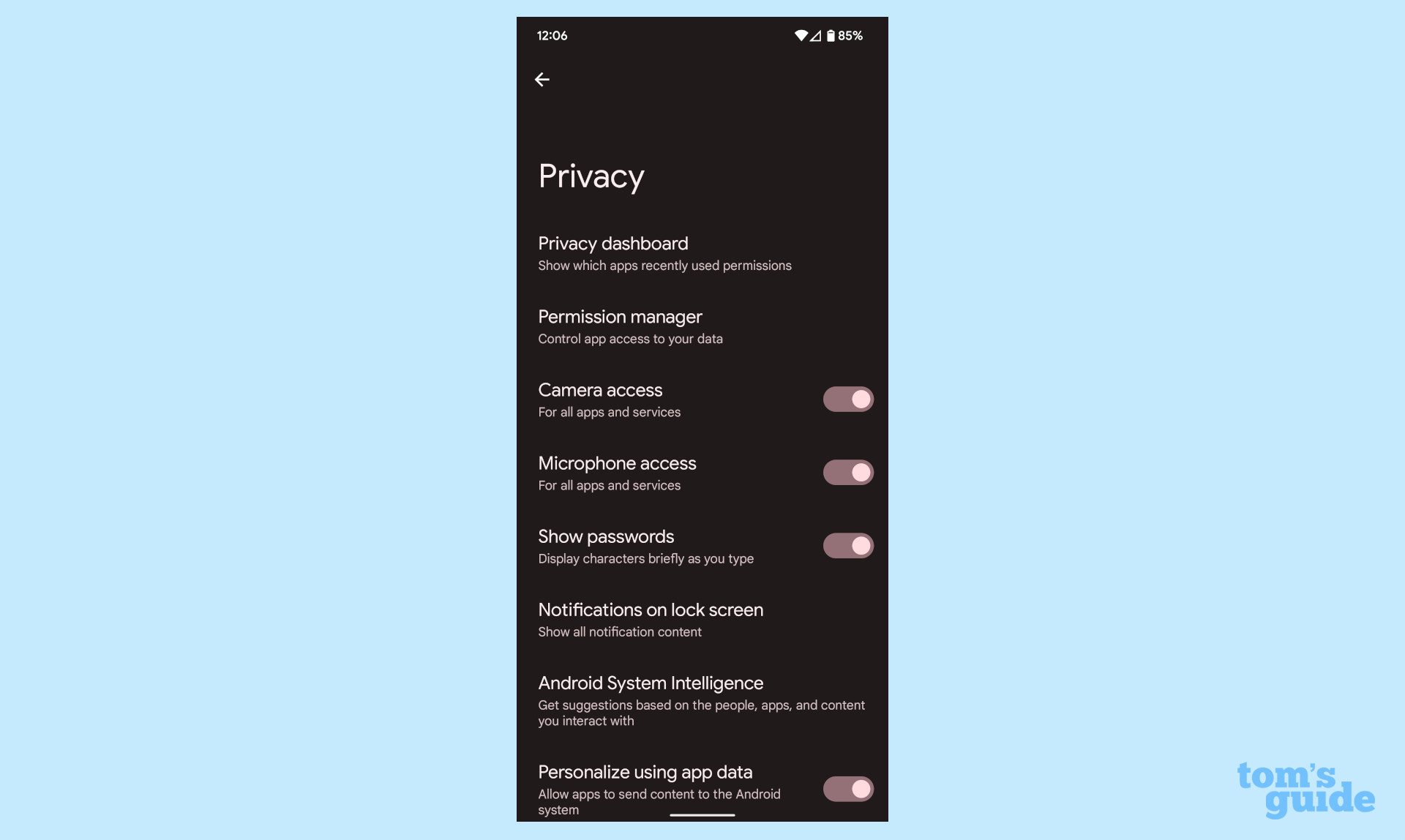
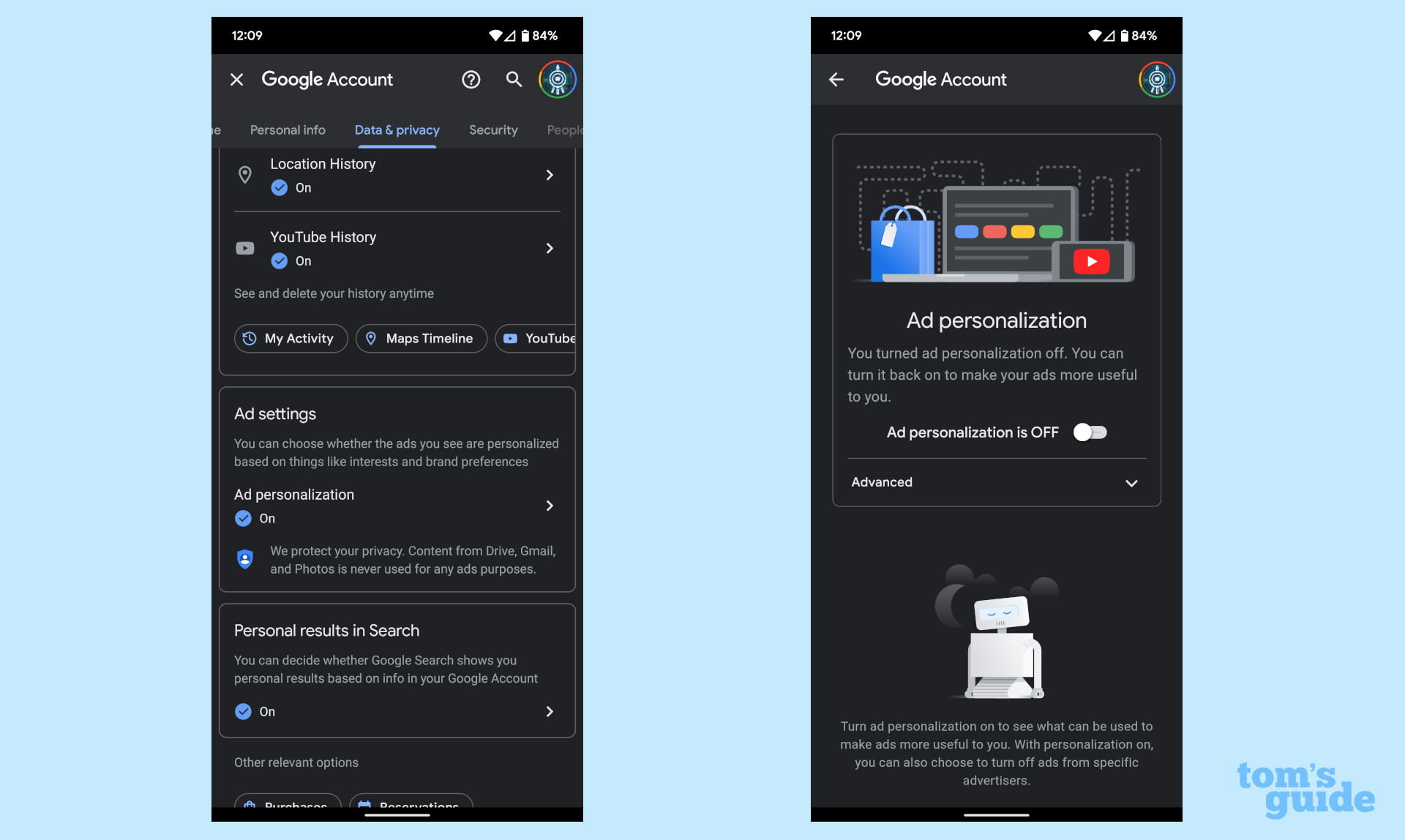
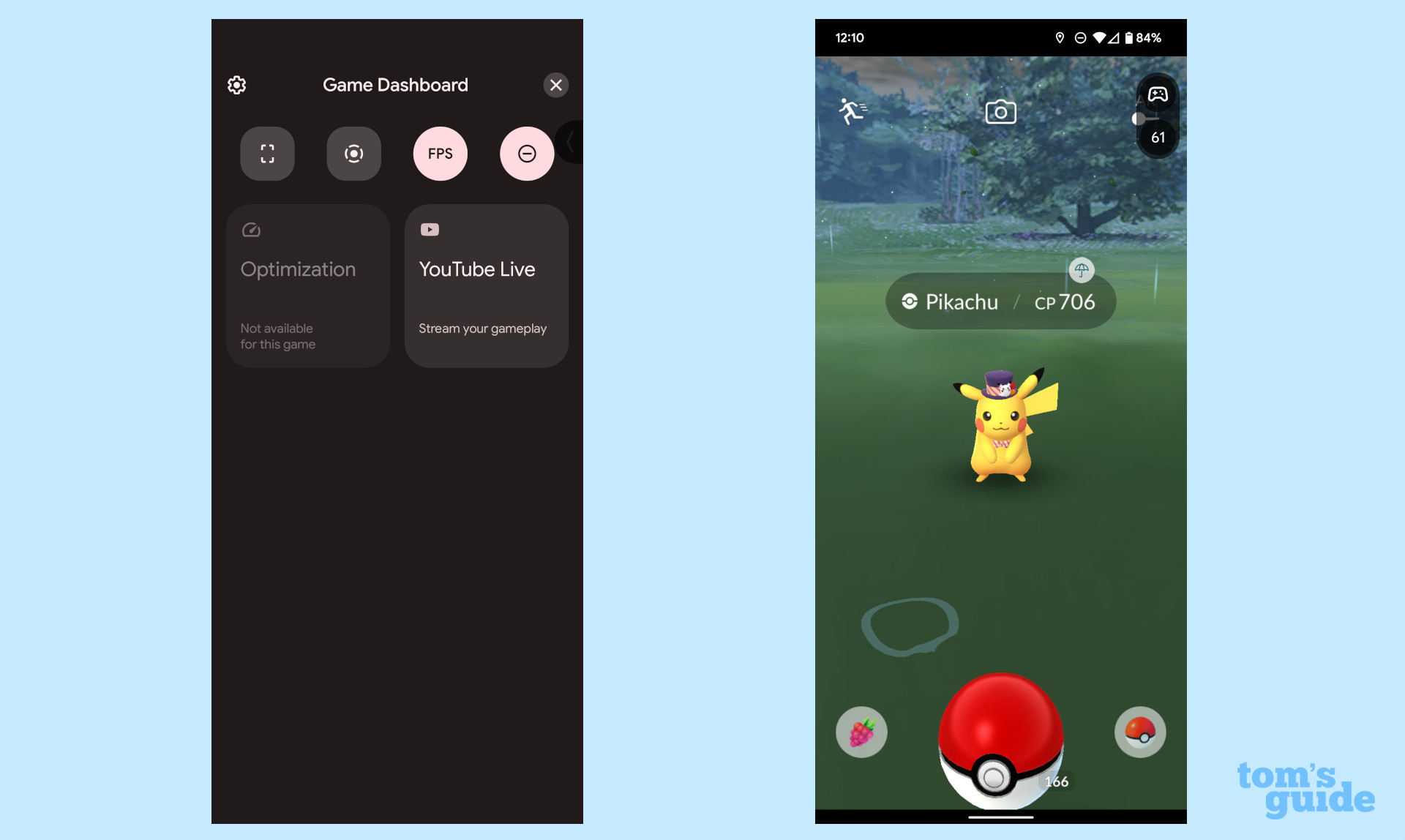
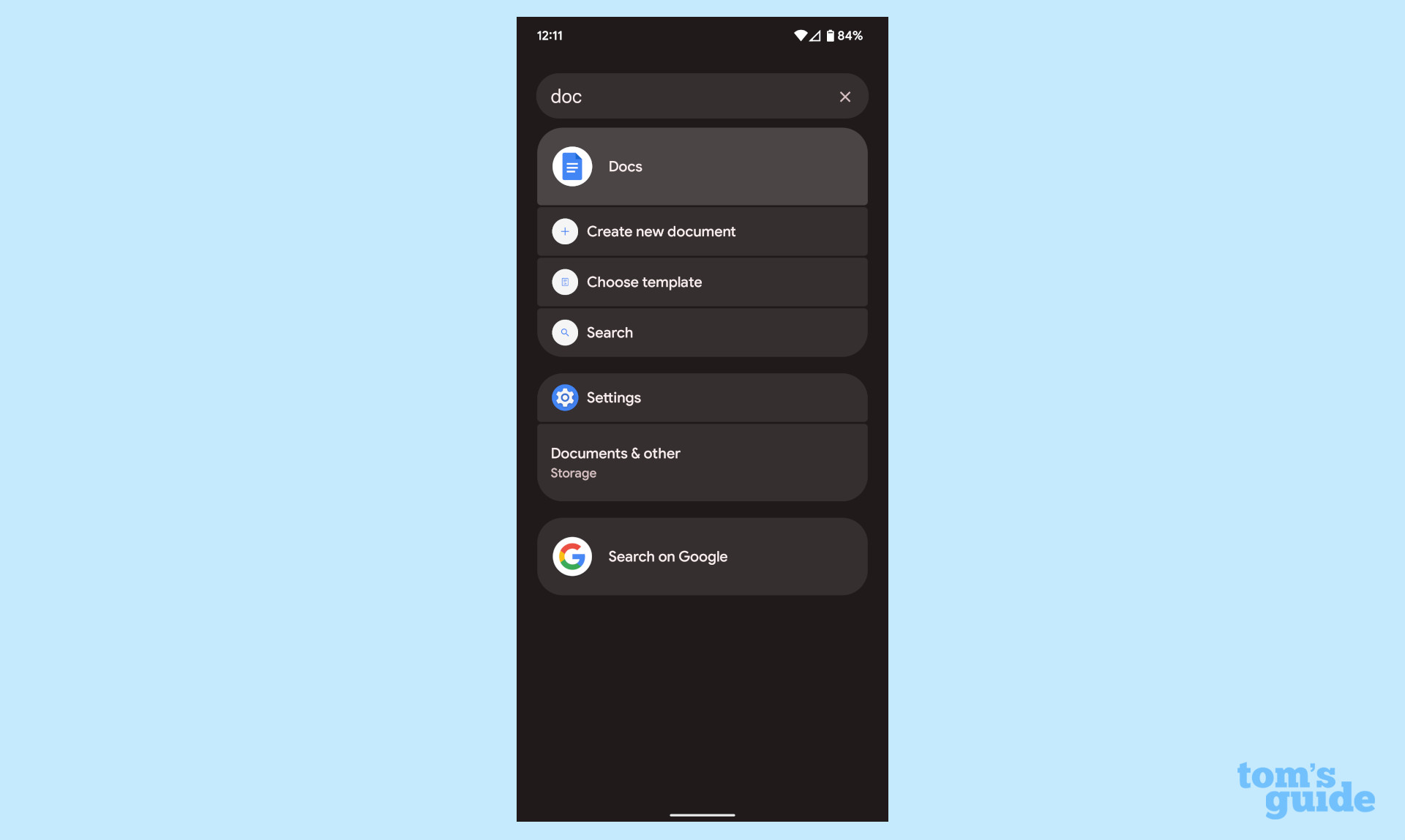
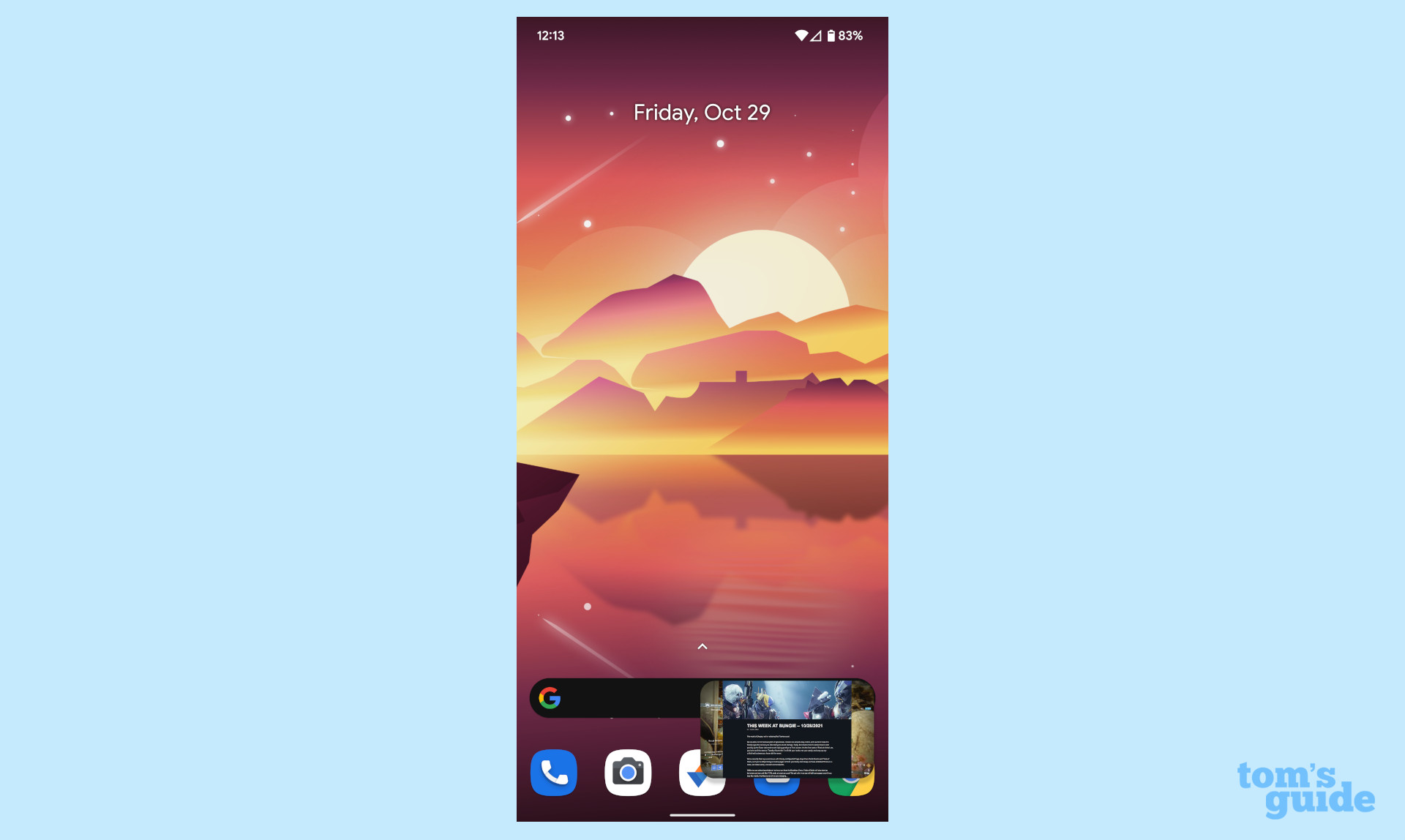
Comments (0)